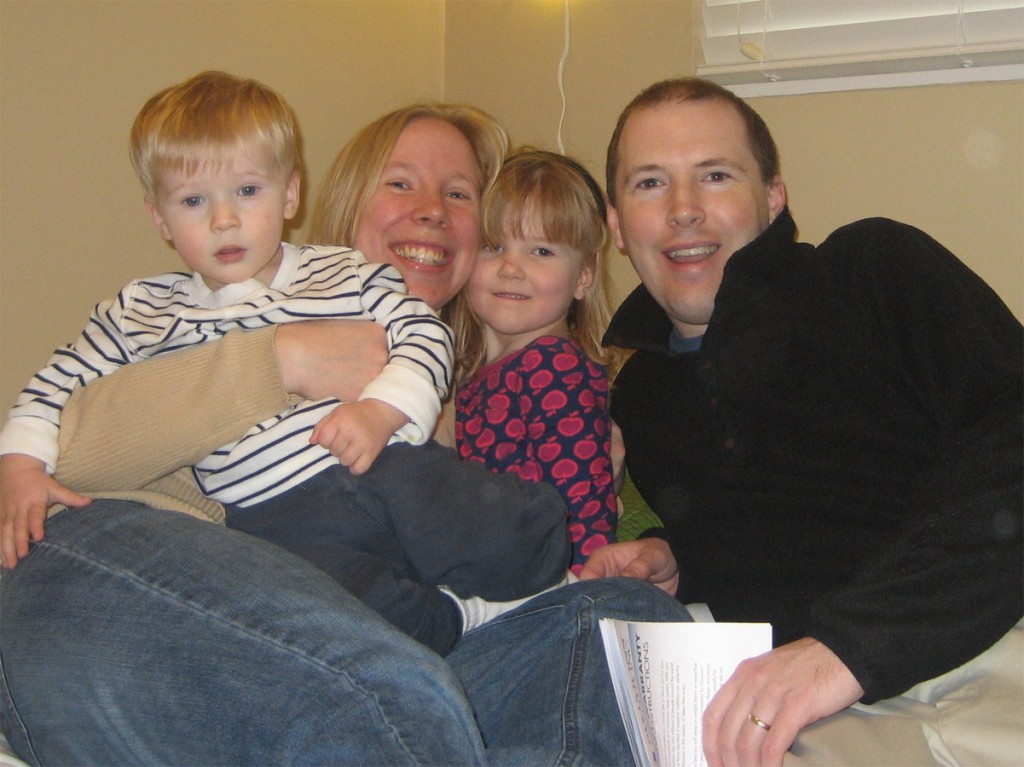The eighth principle of Attachment Parenting International is Strive for Balance in Personal and Family Life.
I like this principle, because it recognizes that everyone’s needs matter in a family, including the parents. Obviously, at certain times one person’s needs will be more urgent than others, like a newborn’s need to breastfeed. You just can’t tell a 3-day-old baby that you’ll be with him or her in 10 minutes. But all the same, whatever your life looks like right now, you can strive to recognize your needs and find ways to meet them.
This all sounds very warm and fuzzy, but I’ll admit I often find the word “balance” somewhat loaded. When I already have too much on my plate, striving for balance can feel like just one more obligation on my to-do list. It’s right up there with “file my taxes” and “take my cat to the vet”. These things are important, but so is everything else on my list. Adding another item to the pile is the last thing I need.
And yet, I am not the best mom I can be when I don’t strive for balance. I become short-tempered and irate. I don’t have the mental or physical energy to really get down on my kids’ level and engage with them in the way I would like to. As difficult as striving for balance can feel, it’s also clearly necessary to my well-being. I need to take my own needs into account, enlist some help, and get out and do something just for myself. And then I need to come back home and figure out how things ended up so out-of-balance in the first place.
That last bit – figuring out the source of the imbalance – is the hard part for me. But I think it may be the most important part. If I don’t correct those underlying issues that are making my life unmanageable, then anything else that I do will be a band-aid solution.
So how do I deal with those underlying issues? Lately, I’ve been comparing my personal priorities with the way that I actually spend my time. I’ve found the two don’t always agree. I may say, for example, that writing and spending time with my family are important to me. But in practice, I spend more time playing around on the internet than I spend talking to my husband. When I look at my life that way, it’s no wonder it feels out-of-balance. I’m not doing the things that really matter to me. By making small, gradual adjustments here and there, I can bring my daily existence more in line with the life I actually want to live.
No matter what I do, though, striving for balance is an ongoing process. Just as the name suggests, equilibrium is something to seek after, it is not something to attain. Just as soon as you think you have attained it, things change. That is the nature of parenting, after all – children grow and families re-balance. I just want to make sure that I’m able to reasonably meet my own needs in the process.
What about you? How do you strive after balance in your life? And what does “balance” mean to you? Please share!







